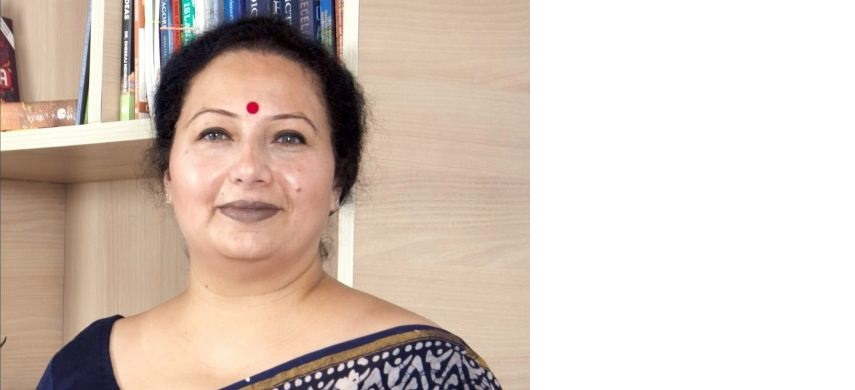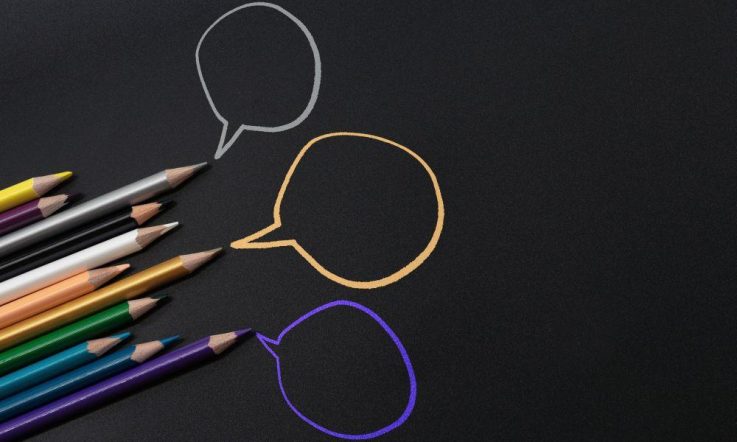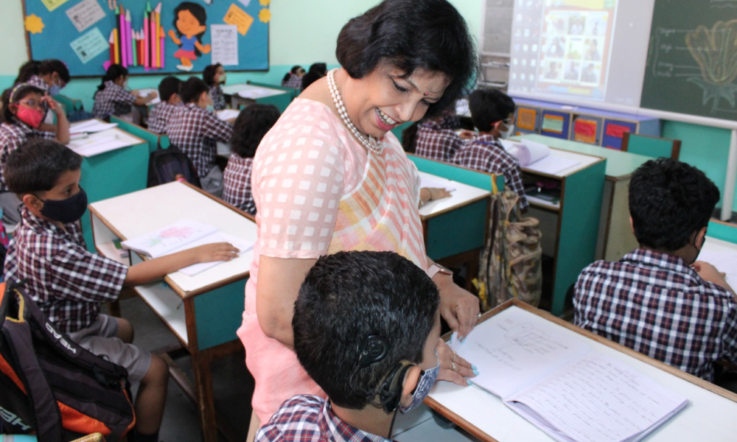Our ‘Leading voices’ article series features school principals from across India. With 28 years’ experience, Dr Priyanka Mehta has won numerous education awards for her achievements. She is currently Principal Director at Sarvottam International School, Greater Noida. Here, Anannya Chakraborty asks Dr Mehta 5 questions, including what school education could look like in the future, and the advice she’d give to teachers who are looking to move into a leadership role.
What advice would you give to an educator looking to move into a leadership role?
For an educator who plans to be in a leadership role, it is important to remember that they can never cease to be a teacher and, more importantly, a learner. Leadership requires continuous and committed learning and upgrading of skills.
One needs to lead by example. Being honest and exhibiting the values of the head and heart is the mantra for mentoring strong teams and long-term relationships. Collaboration and networking provide insights and exposure.
As an educator, we can become secretive, trying to do things all by ourselves. As a leader, we must learn to delegate and empower. Trusting people may be a difficult habit to form, but it is absolutely necessary.
Also, shifting roles [from teacher to leader] will require a lot of effort, especially in the case of embracing change and being innovative. Designing solutions is the key to good decisions, which is the core of leadership.
Finally, looking within is very important. Self-awareness is a great strength. One must never forget that leadership is a journey and takes time. Each day is an experience to learn from.

Who has been the most important leadership mentor in your career and why is it important for principals to have a mentor they can call on for support?
In all these years of service, I have had the privilege of learning from innumerable mentors. It will not be fair to mention just one. Even children have been a huge source of inspiration to me.
As a school head, I fondly read and get motivated by leaders in education, politics, and research; the list is never-ending!
On a personal front, my father is my inspiration. He has taught me to be upright and compassionate and never to compromise on values. One of his fondest teachings is – karma comes back to you.
Leave alone principals, every single person needs a mentor for support. This is not a sign of inadequacy or weakness. Accuracy in decision making is vital in our case, as we deal with children and diverse people. Seeking good counsel from an experienced senior person is a safety net. You really need someone to talk to you besides the voices in your head.
What do you know now that you wish you’d known at the start of your career?
As a young teacher, I thought teaching was all about knowing the content and planning to deliver it. The years have taught me that it is all about listening.
Believe in children more than you believe in your skills. Teaching gets easier with time, so there is no need to rush.
With almost 20 years as a head of the school now, I wish I knew that being at the top gets lonely at times. It is overwhelming sometimes to realise that the buck stops with you − always! That relationships will change, and it is impossible to control everything.
I am a people person. So, it took me some time to adjust to the fact that not everyone will like what I do or do things in the same way that I want. The fact of the day is that differences make all the difference.
A very important lesson has been that one must learn from others without losing too much of themselves.
What do you think school education will look like in 2050?
Honestly, that’s a tough one to answer. The pace of change around you makes you nervous sometimes. Whatever it may be like, I hope we are able to keep the human connection in education alive. A teacher will not vanish from the scene, but her role will see a lot of transformation which, at the moment, is challenging to predict.
However, to answer for once, I would say that a lot would depend on what technology would be like, the changes in society, and the state of human development.
I am truly looking forward to personalised learning, helping children work on individual gaps through adaptive learning platforms. We would have done away with mundane content and routines of learning. Research, design, and innovation are the future.
We have already incorporated blended learning, skill- and competency-based modules and global perspectives. This will surely fade away boundaries and social taboos. Virtual learning is sure to find a place in the future.
I also feel that the study of sustainability and pure sciences through an interdisciplinary approach may gain popularity.
What do you consider to be the biggest challenge facing school leaders in India?
Handling diversity in the classrooms and delivering with equity is the biggest challenge we face. Currently we are in a transition phase. Fortunately, we are all convinced for change in curriculum and assessment and alignment with futuristic models, yet, to deliver the same PAN India in the way planned, is a challenge due to heterogeneity.
Further, appointing the right kind of teacher training faculty has always been a battle.
As a school leader, how often do you set aside time to speak to mentors and members of your own support network? How does this help your own practice and reflection? How can you strengthen these networks?



